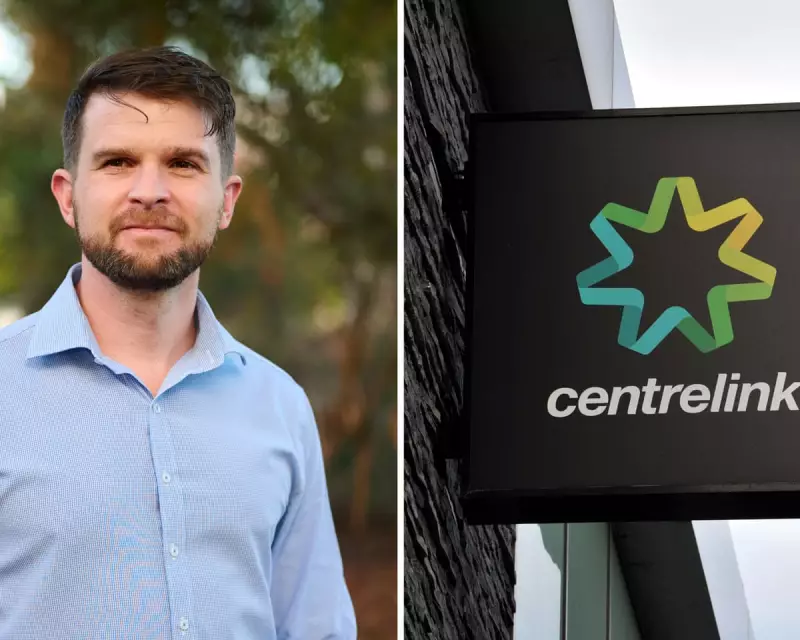
A powerful new television exposé, How To Robodebt, premiering on ABC's Four Corners, pulls back the curtain on the individuals who dared to challenge one of Australia's most significant political scandals. The documentary chronicles the brutal human cost and the systemic failures of the Coalition government's automated welfare debt recovery scheme.
The Human Faces Behind the Fight for Justice
At the heart of the story are the public servants, legal experts, and journalists who became unlikely whistleblowers. The film reveals how these individuals, operating from within the system's core, grew increasingly alarmed by the scheme's fundamental flaws. They witnessed firsthand what the documentary describes as a "crude and cruel" algorithm falsely accusing hundreds of thousands of Australians of owing money to the state.
One of the most shocking revelations is the testimony from senior public servants who admit they knew the scheme was legally dubious from its inception. The programme details the immense pressure and moral conflict faced by these officials, who found themselves implementing a policy they believed to be fundamentally unjust.
A Scheme Built on a 'False Premise'
The Robodebt scheme, which ran from 2015 to 2019, used an automated process to compare annual income reported to the tax office with fortnightly earnings data provided to Centrelink. This method routinely generated false debt notices, placing the burden of proof on vulnerable welfare recipients.
- Automated Injustice: The system assumed income was earned evenly across the year, a method the royal commission later condemned as unlawful.
- Psychological Warfare: Recipients were bombarded with threatening letters and demands for payment for debts they often did not owe.
- A Trail of Devastation: The documentary powerfully links the government's aggressive pursuit of false debts to severe psychological distress and several tragic suicides.
The Unravelling: From Whispers to a Royal Commission
How To Robodebt meticulously tracks the journey from initial internal concerns to a full-blown national scandal. It highlights the pivotal role of investigative journalists and tenacious legal challenges from community legal centres, which slowly forced the truth into the public eye.
The eventual establishment of a royal commission marked a turning point, leading to a scathing final report that accused government ministers of "venality, incompetence and cowardice." The documentary serves as a stark reminder of the vital importance of accountability and the courage required to speak truth to power.





